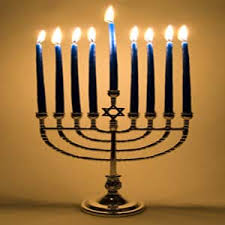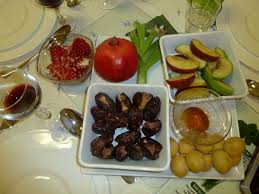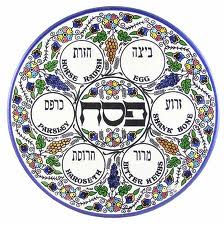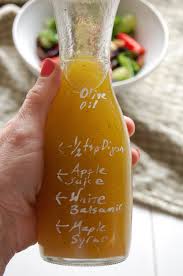Passover Hotels: A Growing Trend
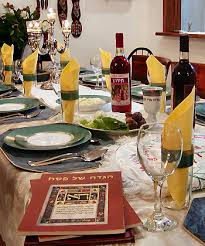
It’s that time of year again. Magazines and newspapers catering to our community are full of advertisements touting the advantages of various Pesach programs. The variety is amazing. Depending on one’s preferences and financial ability, families can go near or far. There are programs within easy driving distance, and there are exotic locations all over the earth. Why not celebrate Pesach in Egypt? I haven’t seen that one yet, but who knows?
Each year, one also sees articles criticizing the phenomenon: If all the money spent on vacations were donated to tzedaka, they say, we could pay the rebbeim more. Or perhaps the criticism is that Pesach is a time to be at home – because how can we deprive our children of the opportunity to share in the cleaning and koshering and myriad preparations for the Holiday of Freedom? Isn’t Pesach the focus of attention by our wives? And isn’t scouring, just as our ancestors did in Hungary, or wherever, something that they hold dear?

